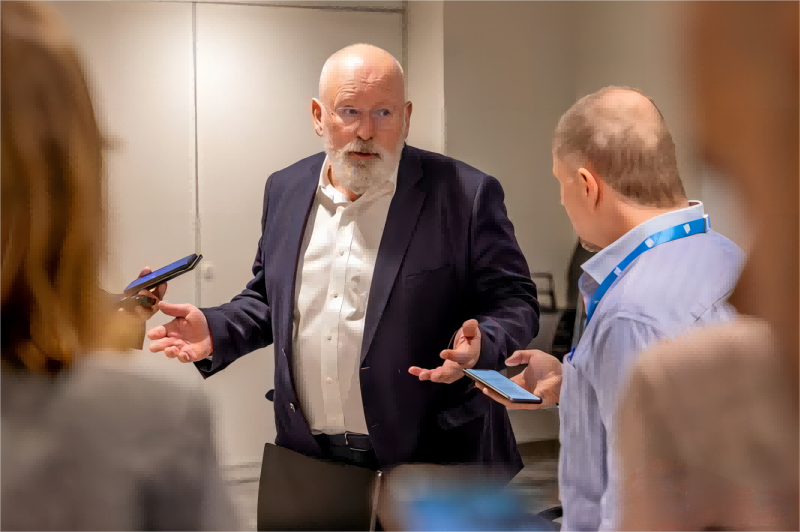Frans Timmermans, executive vice-president of the European Union, told the World Hydrogen Summit in the Netherlands that green hydrogen developers will pay more for high-quality cells made in the European Union, which still leads the world in cell technology, rather than cheaper ones from China. He said EU technology was still competitive. It’s probably no accident that companies like Viessmann (an American-owned German heating technology company) make these incredible heat pumps (which convince American investors). Although these heat pumps may be cheaper to produce in China, it is of high quality and the premium is acceptable. The electrolytic cell industry in the European Union is in such a situation.
A willingness to pay more for cutting-edge EU technology could help the EU meet its proposed 40% “Made in Europe” target, which is part of the draft Net Zero Industries Bill announced in March 2023. The bill requires that 40% of the decarbonisation equipment (including electrolytic cells) must come from European producers. The EU is pursuing its net-zero goal to counter cheap imports from China and elsewhere. This means that 40%, or 40GW, of the EU’s overall target of 100GW of cells installed by 2030 will have to be made in Europe. But Mr Timmermans did not give a detailed answer on how the 40GW cell would work in practice, and in particular how it would be executed on the ground. It is also unclear whether European cell producers will have enough capacity to deliver 40GW of cells by 2030.
In Europe, several EU-based cell producers such as Thyssen and Kyssenkrupp Nucera and John Cockerill are planning to expand capacity to several gigawatts (GW) and are also planning to build plants around the world to meet international market demand.
Mr Timmermans was full of praise for Chinese manufacturing technology, which he said could account for a significant portion of the electrolytic cell capacity of the remaining 60 per cent of the European market if the EU’s Net Zero industry Act becomes reality. Never disparage (talk disrespectfully about) Chinese technology, they are developing at lightning speed.
He said the EU did not want to repeat the mistakes of the solar industry. Europe was once a leader in solar PV, but as the technology matured, Chinese competitors undercut European producers in the 2010s, all but wiping out the industry. The EU develops technology here and then markets it in a more efficient way elsewhere in the world. The EU needs to continue to invest in electrolytic cell technology by all means, even if there is a cost difference, but if the profit can be covered, there will still be interest in buying.
Post time: May-16-2023

